BNEWSID – Bali Governor Wayan Koster has called for a reform of Indonesia’s Risk-Based Online Single Submission (OSS RBA) system, emphasizing the need for regulations that align with Bali’s unique social, cultural, and spatial characteristics.
Speaking during a coordination meeting on OSS RBA evaluation at Jayasabha, Denpasar, on Wednesday (Oct 8), Koster underlined that the national investment licensing framework must be adapted to the realities of each region, especially Bali, which faces intense investment pressure and has limited land resources.
“The main issue lies in the lack of harmony between national and regional regulations. National norms apply universally, while Bali has its own spatial planning laws (RTRW and RDTR) that should guide development. As a result, business permits are sometimes issued even when they violate local zoning rules,” Koster said.
He warned that the fully automated licensing process under OSS RBA has weakened regional authority, allowing foreign investors to obtain permits without local verification. “With only Rp10 billion in declared capital, many foreign investors can freely enter Bali. Often, this capital only exists on paper, below Rp1 billion in practice, yet they dominate small-scale businesses meant for locals,” he noted.
Citing an example, Koster revealed that in Badung Regency alone, over 400 foreigners are involved in vehicle rental businesses, with many others running construction supply and culinary ventures on land owned by local residents. “If this continues unchecked, local entrepreneurs will lose their space. Bali’s grassroots economy could collapse,” he warned.
The governor also pointed out weak oversight at the regional level, resulting in zoning violations and uncontrolled development. “Many local governments still lack complete spatial plans. This allows permits to be issued in protected zones,” he said.
Koster further criticized the proliferation of franchise minimarkets crowding local streets. “You can find three or four minimarkets standing side by side on one street. If this continues, small shops and local businesses will die out,” he said.
He argued that Bali’s investment environment cannot be treated the same as other regions. “Bali must be given higher status, different norms and stronger local authority. We need localized regulations to safeguard our economic sovereignty,” Koster asserted.
Bali Provincial Secretary Dewa Made Indra, who also attended the meeting, echoed Koster’s concerns, saying the removal of document verification and on-site inspection has become a key weakness of the OSS RBA system. “Licenses are now issued based on self-declaration, without proof of capital, location checks, or proper documentation. Everything runs automatically,” he said.
He added that tourism-related permits have been particularly problematic, with some issued for developments built along riverbanks and coastal setbacks. “It’s ironic that tourism—a high-risk sector—is categorized as low-risk under OSS. In Bali, tourism must be considered high-risk due to its environmental and social impact,” Dewa Indra emphasized.
Both Koster and Dewa Indra agreed that the current Rp10 billion minimum foreign investment requirement is outdated and too low for Bali. “Given Bali’s high economic value, that threshold should be raised to at least Rp100 billion. We want quality investors, not just quantity,” Koster said.
He added that much of the declared investment capital is rarely realized in practice. “Many foreign permits are merely administrative paperwork with little real investment. This flood of small-scale foreign ventures threatens the livelihoods of local entrepreneurs,” Koster concluded.

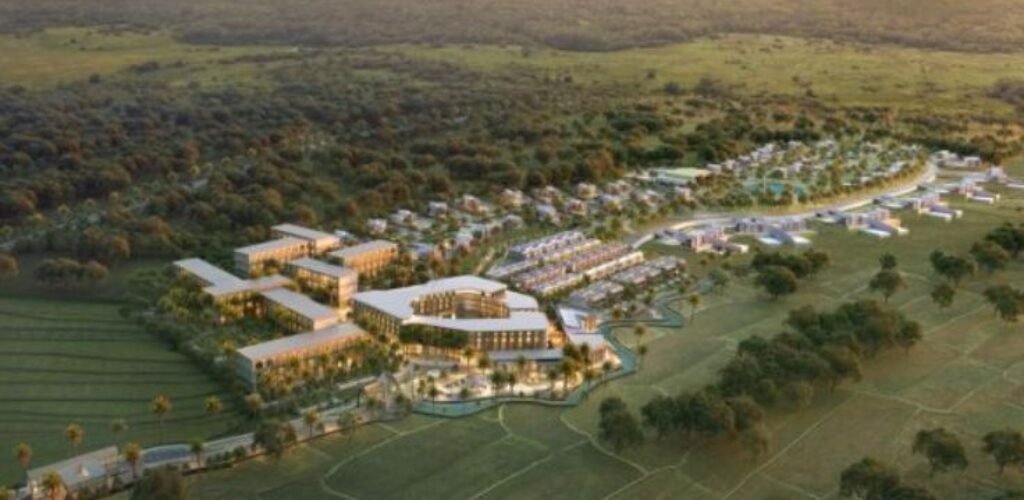




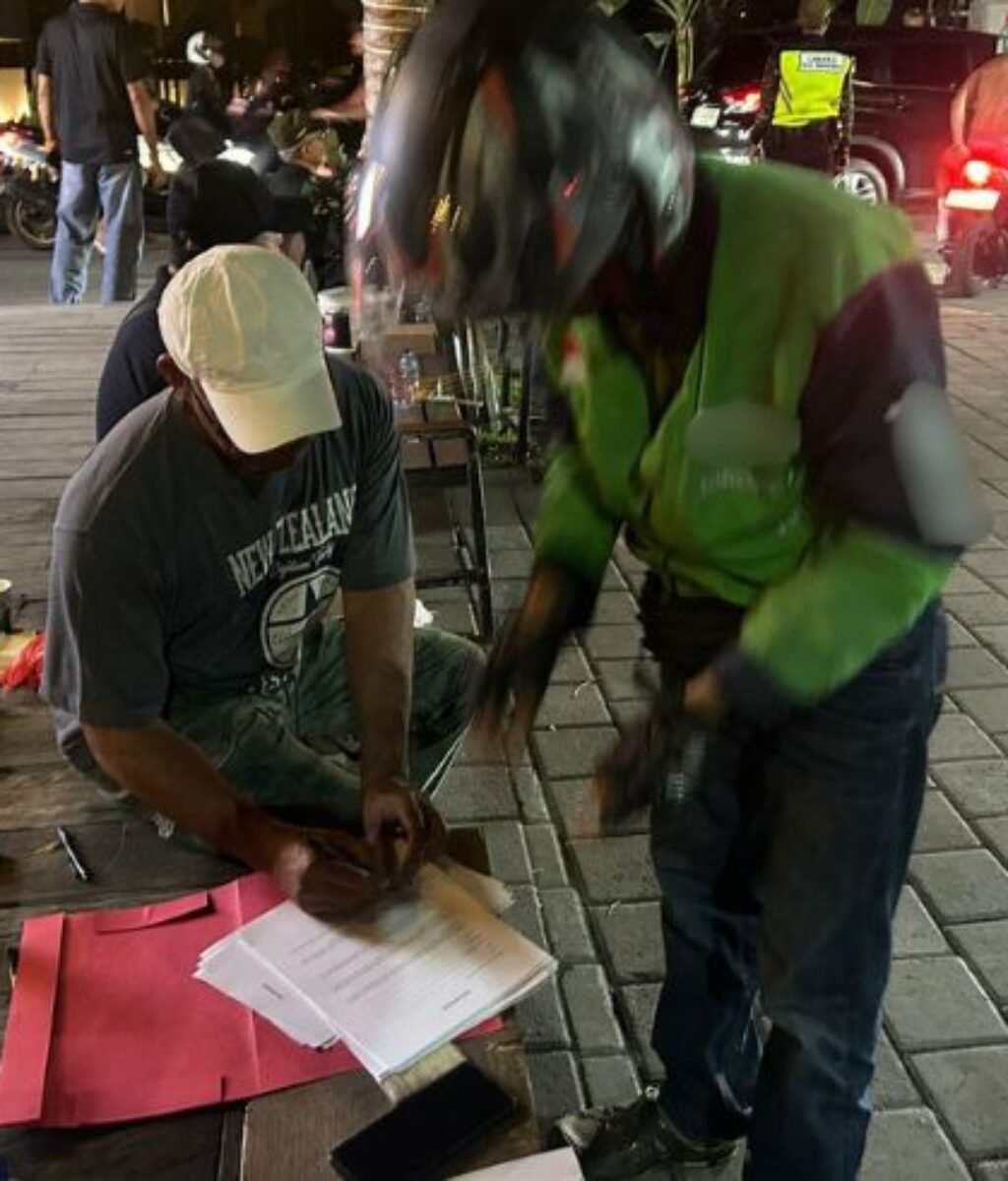
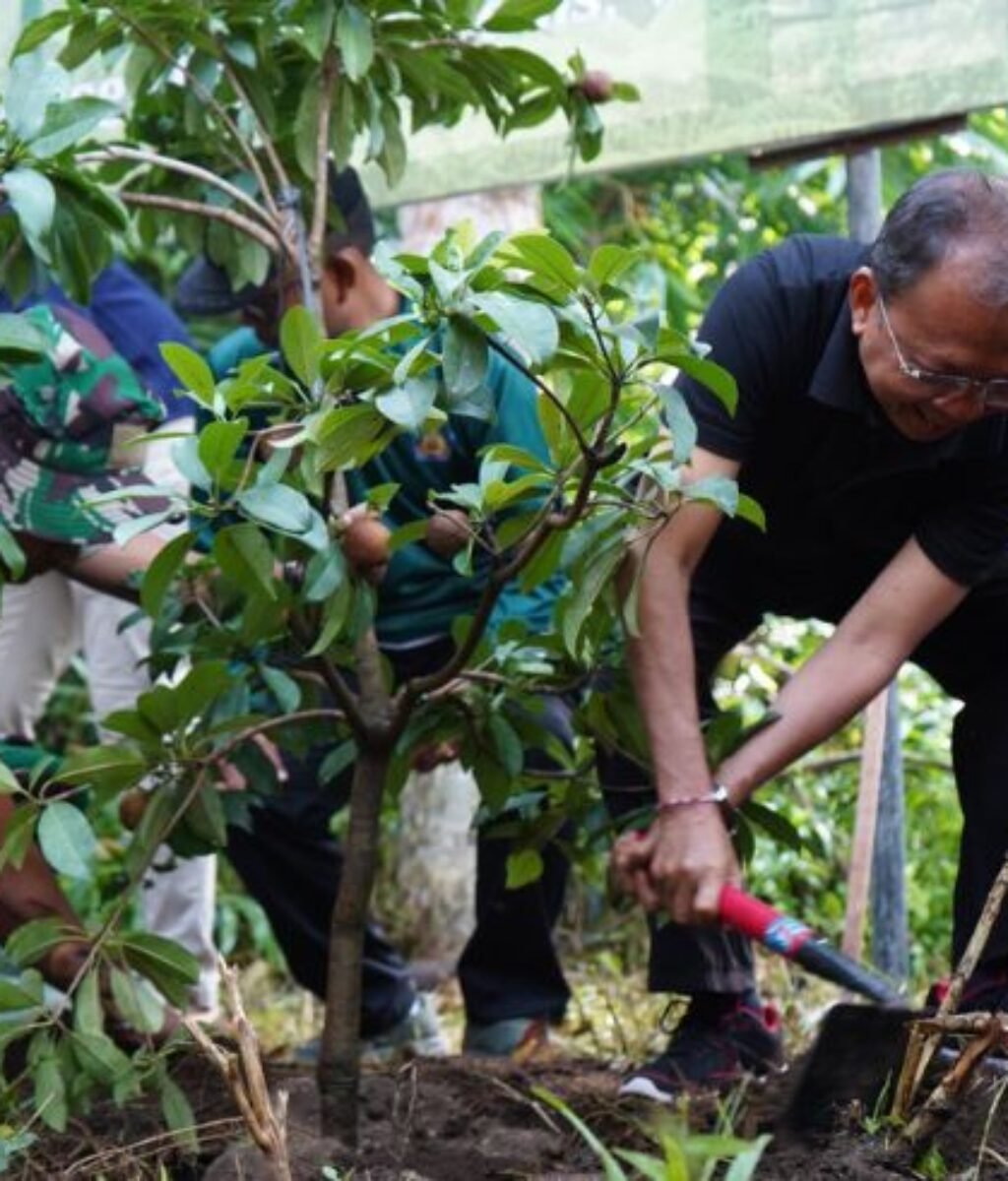
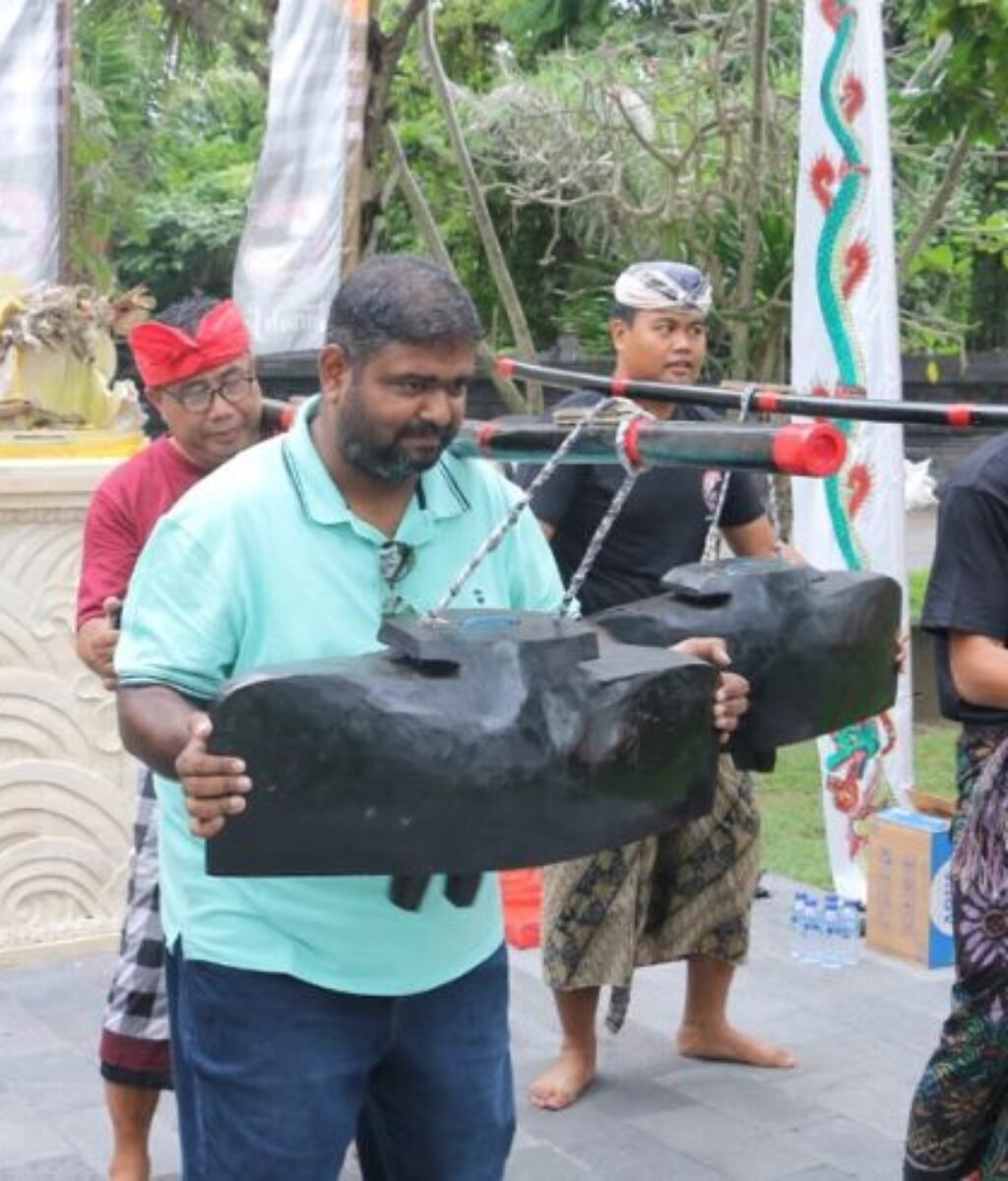

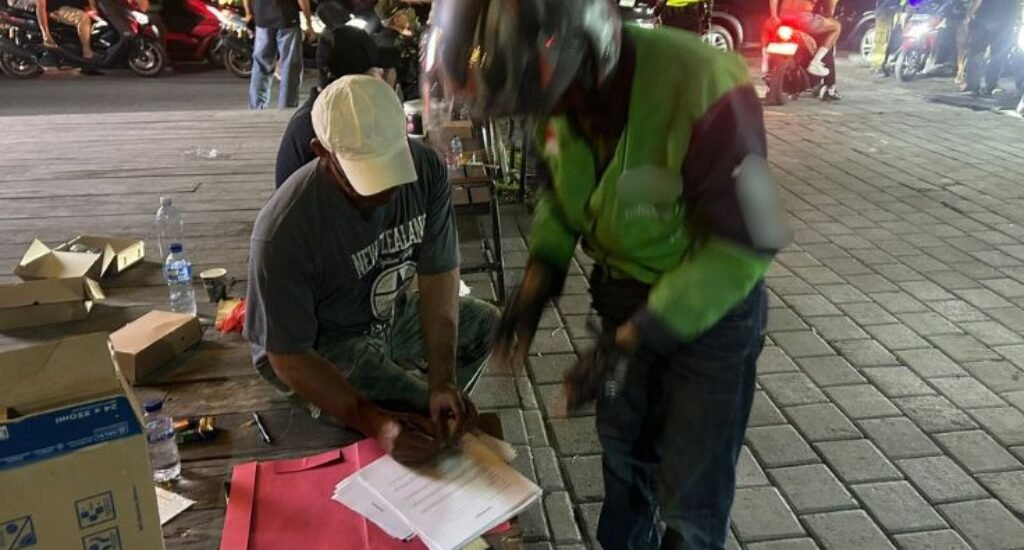
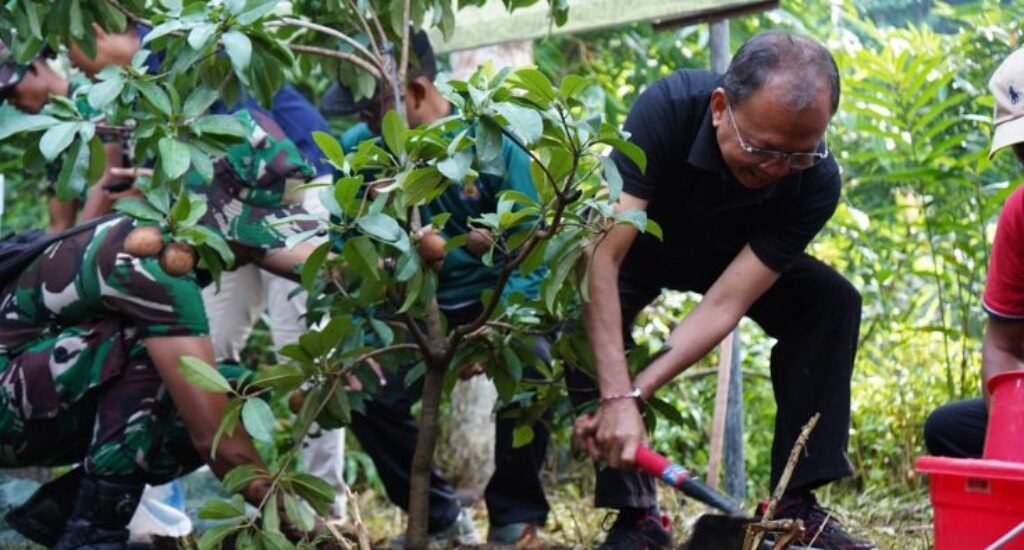
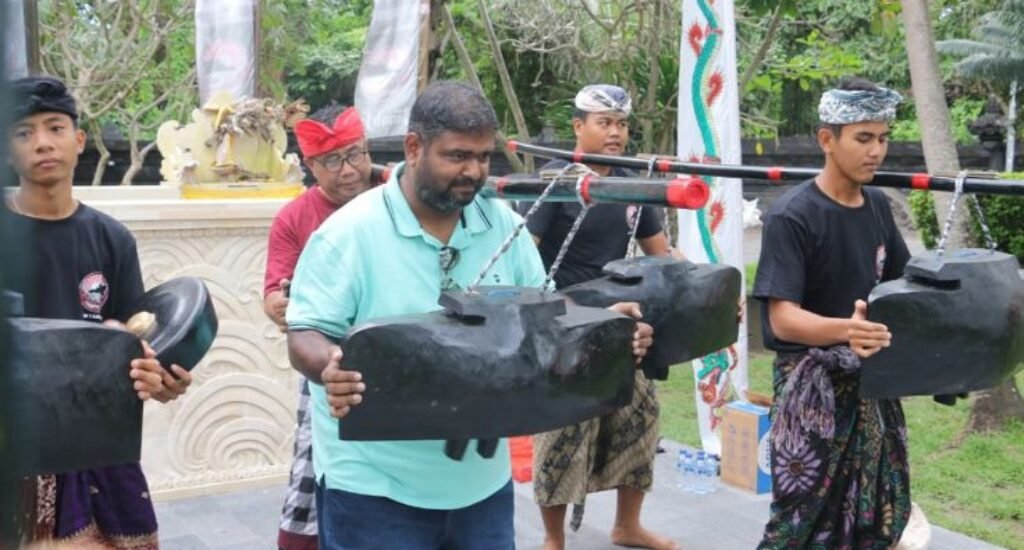

Discussion (0)
No comments yet.